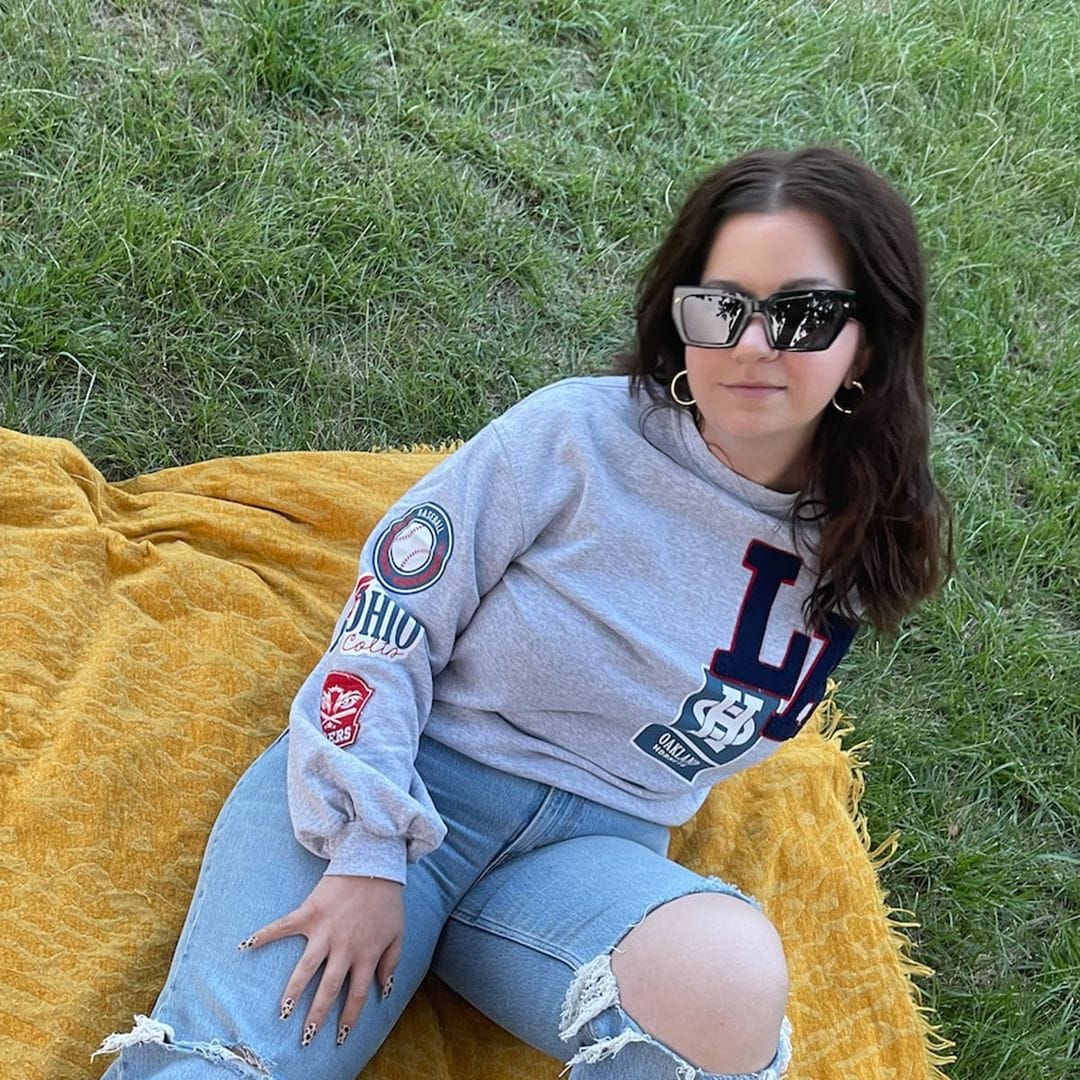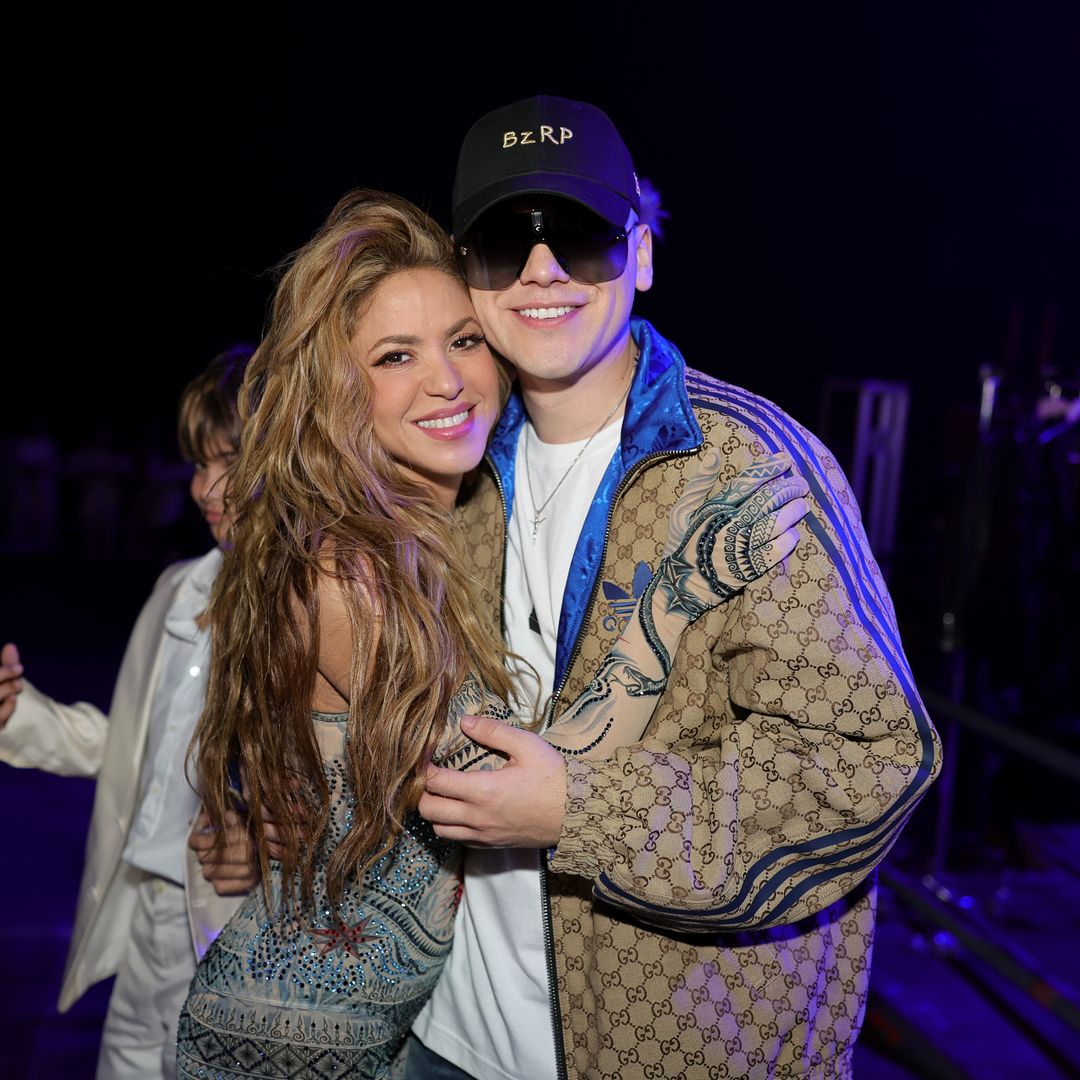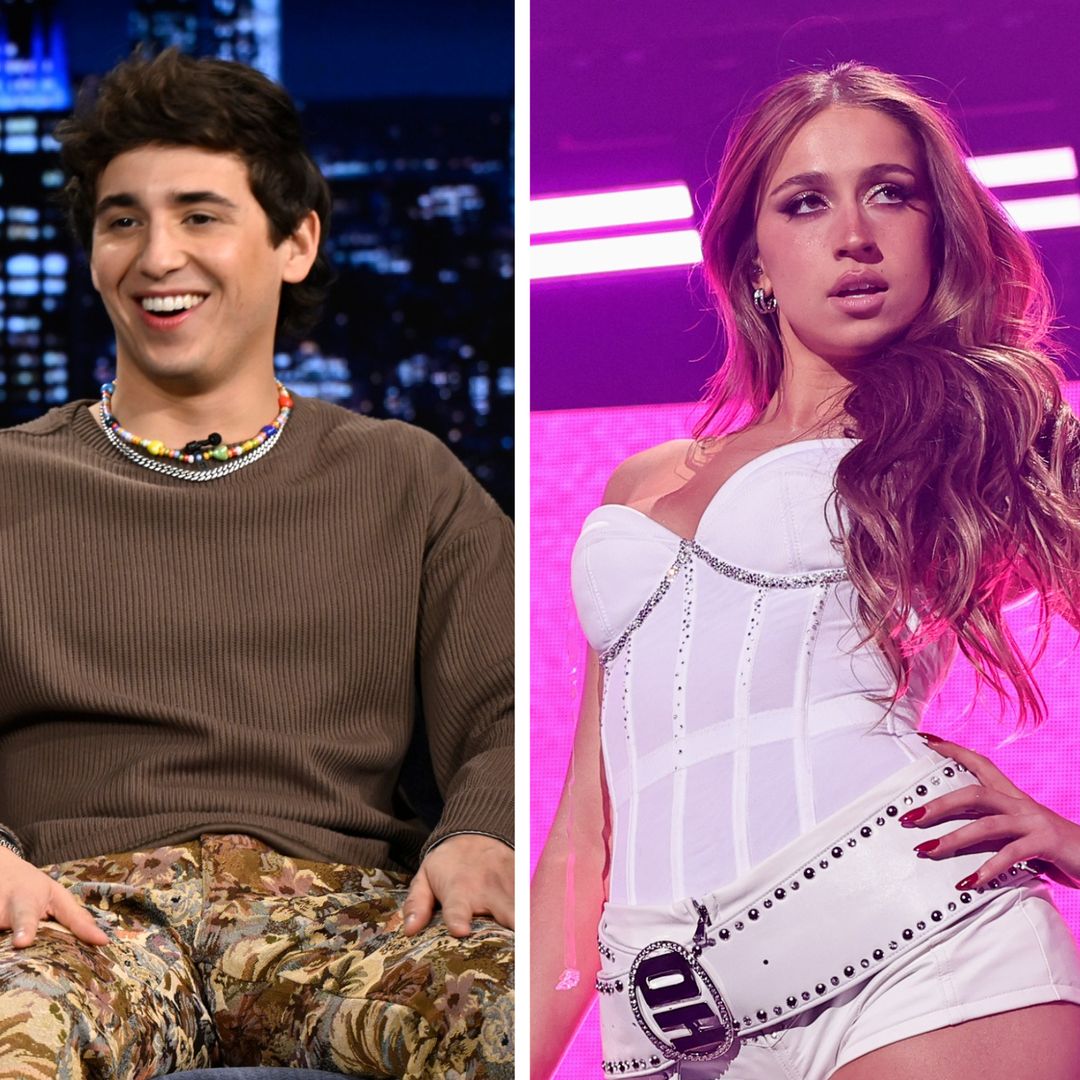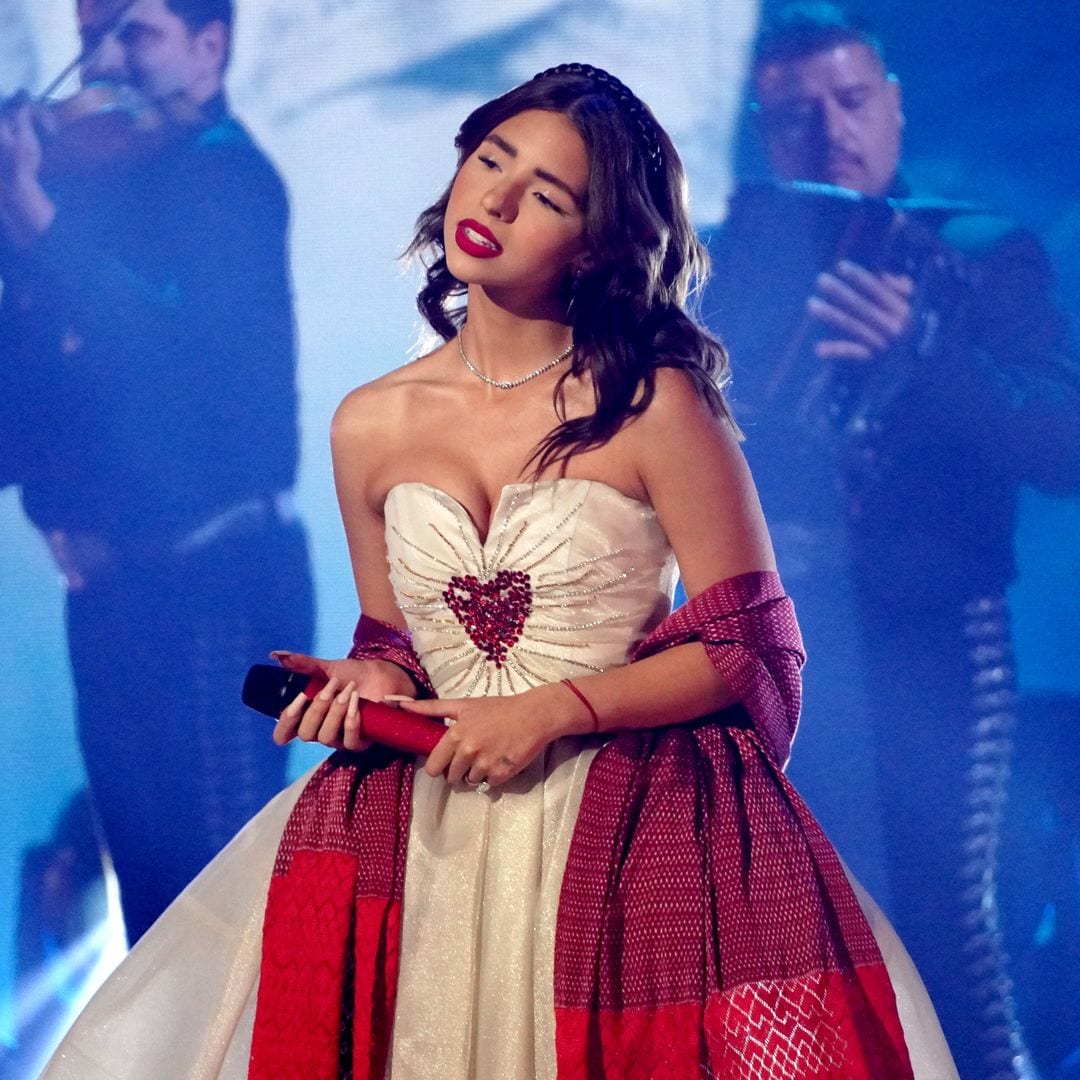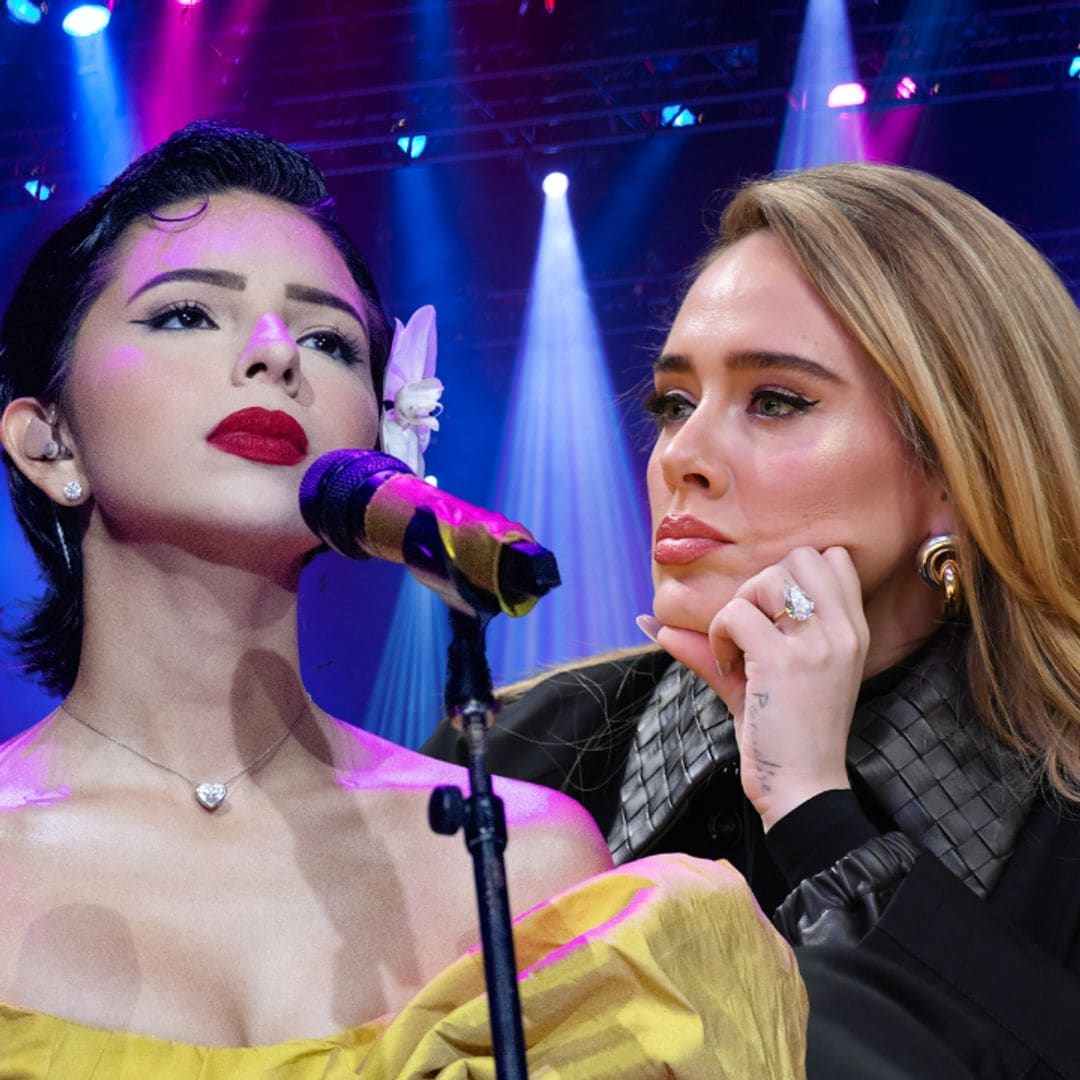In his latest interview with The New York Times, Bad Bunny says, “I feel like I’m an athlete representing Puerto Rico in the Olympics.”
While the world seems to know very little about his homeland, the recent hurricane forced Americans to learn a few basic facts they were never taught in school: Puerto Rico is a so-called commonwealth of the United States, and Puerto Ricans are so-called citizens, even though they can’t vote for president and have no voting representatives in Congress.
But when most people think of Puerto Rico, according to Benito, “they think of reggaeton.”
This New York Times interview marks the first time Bad Bunny had been around people since the beginning of the pandemic, saying, “None of us have seen human beings in months, so this is blowing my mind!”
When asked what he thinks Caribbean Spanish has that everybody wants to copy (including Rosalía, Drake, and white kids in the California suburbs) he replied, “That’s something I’d like to study and that hasn’t been studied...Because yes, there’s something special.”
The star also talks about what went over his own head, when he was younger, listening to other reggaeton artists.
“There were so many songs I sang without knowing what the hell they meant. There’s a Wisin y Yandel song that goes” — he said before breaking into falsetto — “en la disco bailoteo, mezclao con fumeteo, da’l de’o.” He added: “When I was little, I would sing gardeo.”
Bad Bunny has never had a go-to studio, making music erratically wherever he is at the time: on his phone and laptop in buses and planes and hotel rooms. Now, though, he has a portable studio in the form of a trailer, which is his first gesture toward a dedicated creative space.
He goes on to talk about salsa icon Héctor Lavoe, who he considers “the Michael Jordan of Latin music.”
“The hits! He has too many hits — hymns — it’s ridiculous,” he Obviously the composers, producers and arrangers all contributed. But his style made such a mark — his voice, his way of singing. Jíbaro, but modern. A jíbaro who wouldn’t let anybody play him.”
Even though he grew up just 45 minutes away, Bad Bunny also details his childhood, saying a trip to the San Juan metro area was an event for his family. Benito says they’d visit, “four, at most five times a year.”
“You have to understand that I was just a country kid. I didn’t even know where I was. I was standing there trying to ask someone Where’s Walmart? Where’s GameStop? Whenever I went to Plaza, I went to those little kiosks that had all kinds of candies, with the little bags, and you’d fill them up and weigh them.”
From his life as a kid living in the outskirts to an international super star, Bad Bunny’s life has done a completely 180.
,type=downsize)
